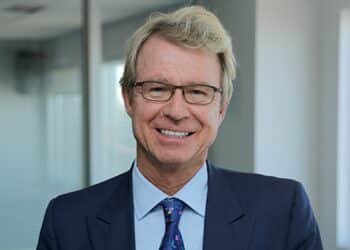In this episode of Relative Return Unplugged, hosts Maja Garaca Djurdjevic and Keith Ford, along with special guest Liam Garman, break down the economic landscape ahead of the Reserve Bank’s highly anticipated first rate call of 2025.
With two major banks already dropping rates on some fixed mortgage offerings, the consensus that the RBA will lower interest rates for the first time in more than four years has grown even stronger.
We explore the factors driving this solidified view and whether there is likely to be a considerable change in property prices on the back of a cut, as well as how the move would impact other asset classes.
Tune in to hear:
- How sticky US inflation and President Donald Trump’s tariffs are going to affect the American, global and Australian economies.
- Why Australia is in a good position to avoid the worst of a potential global trade war.
- How the RBA’s decision on rates could impact the federal election.





